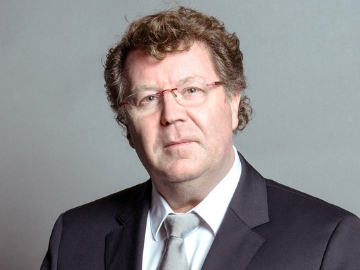SCA CEO Grant Blackey talks regional growth, cost-cutting and radio BVOD
Mumbrella’s Hannah Blackiston spoke with Southern Cross Austereo CEO Grant Blackley after the media company’s results presentation to discuss the cost-cutting that has ensured the business is viable for the future and its growth plans in regional areas, including the acquisition of Redwave Media in 2019.
Media business Southern Cross Austereo (SCA) posted its results for the first half of the 2020 financial year yesterday, seeing revenue fall 8.2% and debt rise. But CEO Grant Blackley sounds confident when I speak to him on the phone moments after he’s assured investors that the outlook isn’t all bleak.
The end of 2019 saw big cost-cutting for the business, with upwards of 90 staff given redundancies and broadcast outsourcing, but Blackley’s eyes are firmly on the horizon.

SCA CEO Grant Blackley is confident in the future of audio

